Marketing Strategy in B2B Contexts: Navigating Complex Decision Ecosystems
Six months ago, I spoke with David, a marketing director at a leading enterprise software company, who shared his frustrating experience with a major client acquisition campaign. Despite generating thousands of leads through traditional demand generation tactics, his team struggled to convert prospects into customers. The breakthrough came when David shifted from lead-focused marketing to comprehensive stakeholder engagement strategies. By implementing account-based marketing programs that addressed different decision-maker concerns, establishing thought leadership content that built trust across the buying committee, and developing relationship nurturing processes that extended through implementation and success, his team achieved a 340% increase in deal closure rates. David's transformation illustrates the fundamental reality of B2B marketing: success depends not on reaching individual buyers but on orchestrating influence across complex organizational decision-making processes.
B2B marketing operates in a fundamentally different strategic landscape compared to consumer marketing, characterized by extended sales cycles, multiple stakeholder involvement, and relationship-driven purchase decisions. Unlike B2C contexts where individual preferences drive purchase decisions, B2B buyers must navigate organizational priorities, budget constraints, and risk mitigation concerns that extend purchasing processes across months or years. Research from the Corporate Executive Board indicates that the average B2B purchase involves 6.8 stakeholders, each with distinct priorities and influence levels, creating complexity that demands sophisticated marketing approaches. Successful B2B marketing strategy requires mastering three interconnected capabilities: managing extended sales cycles with multi-stakeholder decision processes, establishing thought leadership and implementing targeted account-based marketing, and building lasting relationships through exceptional after-sales service that drives expansion and advocacy.
1. Managing Extended Sales Cycles and Multi-Stakeholder Decision Making
Extended sales cycles represent the defining characteristic of B2B marketing, requiring strategic approaches that maintain engagement and momentum across months or years of evaluation processes. Unlike consumer purchases that often occur within days or weeks, B2B decisions involve comprehensive evaluation processes that include needs assessment, solution comparison, vendor evaluation, pilot testing, and organizational alignment phases that can extend purchasing timelines significantly.
The strategic approach to sales cycle management begins with comprehensive buying journey mapping that identifies key decision stages, stakeholder involvement patterns, and potential acceleration or deceleration factors. Leading B2B marketers employ sophisticated customer research methodologies, including stakeholder interviews, decision process analysis, and competitive landscape assessment, to understand the unique challenges and priorities that influence purchasing decisions within their target accounts.
Multi-stakeholder decision management requires developing detailed stakeholder personas that extend beyond traditional demographic and firmographic characteristics to include role-specific priorities, success metrics, and decision-making authority levels. Successful B2B brands create stakeholder influence maps that identify primary decision makers, technical evaluators, budget approvers, and end-user advocates, developing targeted content and engagement strategies for each stakeholder group.
The evolution of digital buying behaviors has created new complexities in stakeholder engagement. Research indicates that B2B buyers complete 57% of their purchasing research independently before engaging with vendors, requiring brands to provide comprehensive self-service resources that address different stakeholder concerns. Leading B2B marketers develop extensive content libraries that include technical specifications for IT evaluators, ROI calculations for financial stakeholders, and implementation guides for operational managers.
Sales and marketing alignment becomes critical for effective multi-stakeholder engagement. The most successful B2B organizations implement comprehensive sales enablement programs that provide sales teams with stakeholder-specific messaging, objection handling resources, and relationship mapping tools. Advanced organizations employ customer relationship management platforms that track stakeholder interactions across marketing and sales touchpoints, enabling coordinated engagement strategies that avoid confusion and demonstrate professionalism.
2. Thought Leadership and Account-Based Marketing Excellence
Thought leadership represents the foundation of B2B marketing credibility, establishing brand authority and trust that influences purchasing decisions across extended evaluation processes. Unlike consumer marketing where emotional appeals often drive decisions, B2B buyers require evidence of expertise, industry knowledge, and problem-solving capability that thought leadership programs provide through consistent, valuable content creation and industry engagement.
The strategic development of thought leadership requires identifying unique perspectives and insights that differentiate brands from competitors while addressing the most pressing challenges facing target customers. Leading B2B marketers invest in primary research, industry analysis, and trend identification that generates proprietary insights worth sharing with target audiences. This approach creates content assets that attract attention, demonstrate expertise, and position brands as valuable partners rather than mere vendors.
Account-Based Marketing has evolved from tactical campaign approach to comprehensive strategic framework that aligns all marketing and sales activities around high-value target accounts. ABM success requires sophisticated account selection processes that identify prospects with the highest likelihood of conversion and revenue potential, followed by comprehensive account research that informs personalized engagement strategies.
The implementation of ABM programs demands advanced technology infrastructure that enables personalized content delivery, stakeholder tracking, and engagement measurement across target accounts. Leading B2B marketers employ ABM platforms that integrate with customer relationship management systems, marketing automation tools, and sales enablement platforms to create unified account engagement experiences that span multiple touchpoints and stakeholder interactions.
Content personalization in ABM contexts extends beyond demographic targeting to include industry-specific challenges, company-specific situations, and role-specific priorities. The most sophisticated ABM programs develop account-specific content assets, including customized case studies, industry analysis, and solution demonstrations that address the unique requirements and concerns of individual target accounts.
3. Relationship Building and After-Sales Service Excellence
Relationship building represents the sustainable competitive advantage that separates successful B2B brands from transactional service providers. Unlike consumer relationships that often end at purchase completion, B2B relationships must extend through implementation, ongoing support, expansion opportunities, and renewal decisions that determine long-term customer lifetime value and advocacy potential.
The strategic approach to B2B relationship building begins with comprehensive customer success program development that ensures customers achieve desired outcomes from their purchases. Leading B2B organizations implement customer success management processes that monitor usage patterns, identify optimization opportunities, and proactively address challenges before they impact customer satisfaction or retention rates.
After-sales service excellence has become a primary differentiator in crowded B2B markets where product features increasingly converge. Successful B2B brands invest in comprehensive support infrastructure that includes technical support, training programs, consulting services, and ongoing optimization assistance that helps customers maximize value from their purchases while identifying expansion opportunities.
The development of customer advocacy programs transforms satisfied customers into powerful marketing assets that influence prospect decisions through peer recommendations and case study participation. Leading B2B marketers implement systematic approaches to reference customer identification, success story documentation, and peer-to-peer networking that amplify customer voices while building communities of brand advocates.
Relationship maintenance requires consistent engagement beyond support interactions through value-added communications, industry insights sharing, and exclusive access to new capabilities or thought leadership content. The most successful B2B brands treat customer relationships as ongoing partnerships that require continuous investment and attention rather than one-time transactions that end at contract signature.
Technology Integration and Marketing Operations Excellence
Modern B2B marketing success requires sophisticated technology integration that enables personalized experiences, comprehensive analytics, and efficient operations across complex customer journeys. Marketing automation platforms, customer data platforms, and sales enablement tools must work together seamlessly to support account-based marketing strategies and relationship building initiatives.
The strategic implementation of marketing technology stacks requires careful platform selection that balances functionality requirements with integration capabilities and user adoption potential. Leading B2B marketers prioritize technology solutions that enhance rather than complicate existing processes while providing comprehensive analytics that enable continuous optimization and improvement.
Case Study Analysis
Microsoft's transformation of their B2B marketing approach for Azure cloud services exemplifies sophisticated B2B strategy execution. Facing intense competition from Amazon Web Services, Microsoft implemented comprehensive thought leadership programs that addressed digital transformation challenges across different industries. They developed targeted ABM campaigns for enterprise accounts while building extensive partner networks that extended their relationship building capabilities. Their customer success programs helped clients achieve measurable business outcomes while generating case studies and advocacy opportunities that influenced other prospects. The result was capturing 20% market share in the cloud computing space while achieving higher customer satisfaction scores than established competitors, demonstrating the power of integrated B2B marketing excellence.
Conclusion
The future of B2B marketing lies in the sophisticated orchestration of stakeholder engagement, thought leadership development, and relationship excellence that creates sustainable competitive advantages through trust and expertise demonstration. As buying processes become increasingly complex and stakeholder involvement expands, successful B2B brands will be those that master the art of influence across organizational ecosystems while delivering exceptional customer experiences that drive expansion and advocacy.
Call to Action
B2B marketing leaders should immediately implement comprehensive stakeholder mapping processes for their key accounts, identifying gaps in engagement strategies and content personalization opportunities. Invest in thought leadership programs that demonstrate unique industry insights while developing customer success initiatives that transform buyers into advocates. Focus on building marketing and sales alignment that enables coordinated account engagement across extended purchase cycles and relationship lifecycles.
Featured Blogs
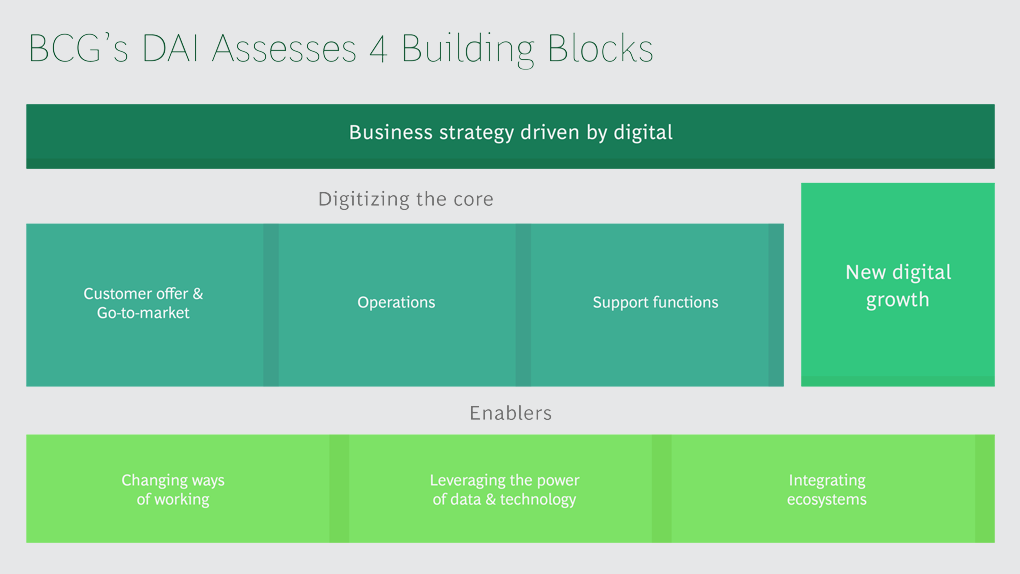
BCG Digital Acceleration Index
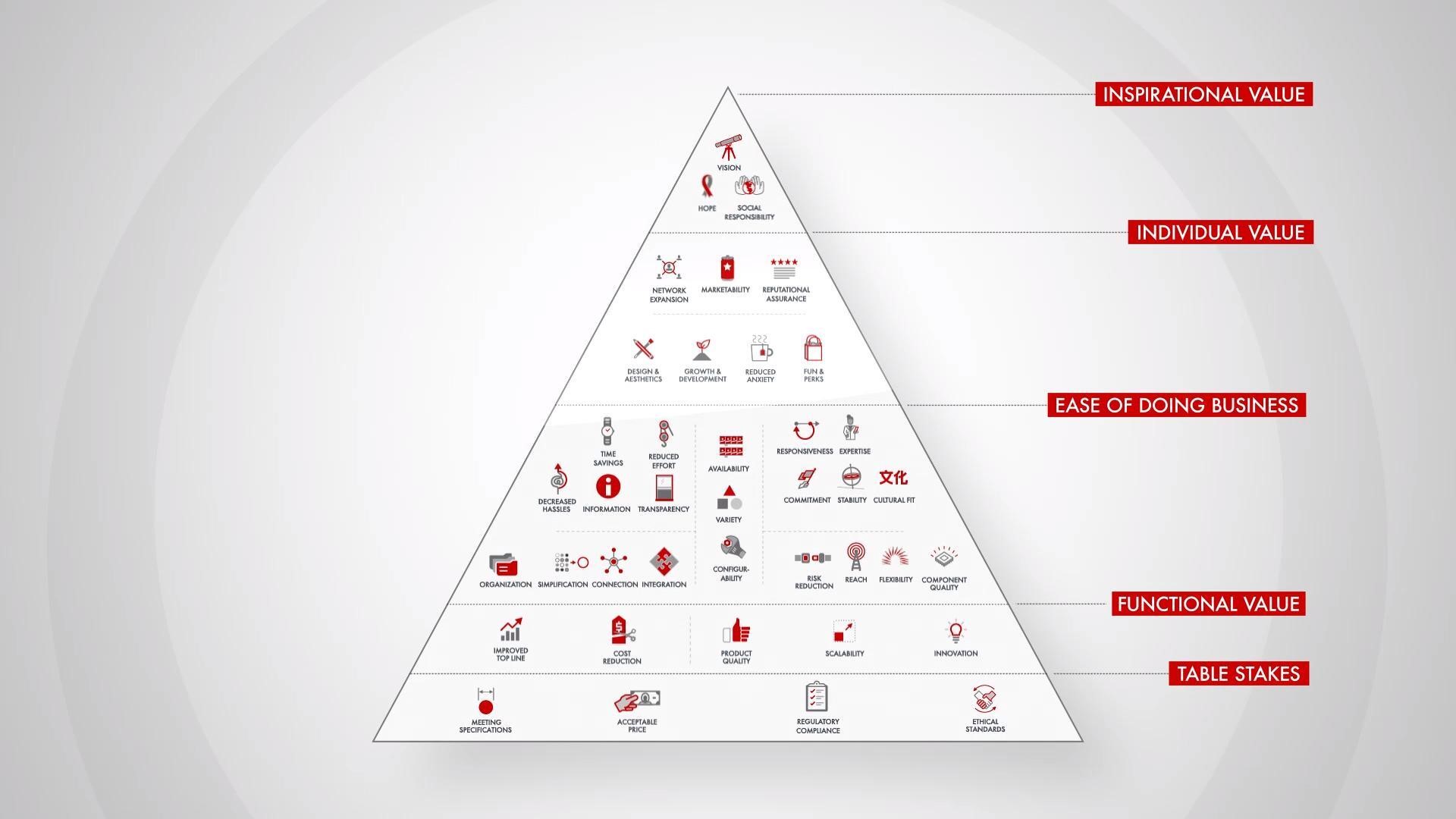
Bain’s Elements of Value Framework
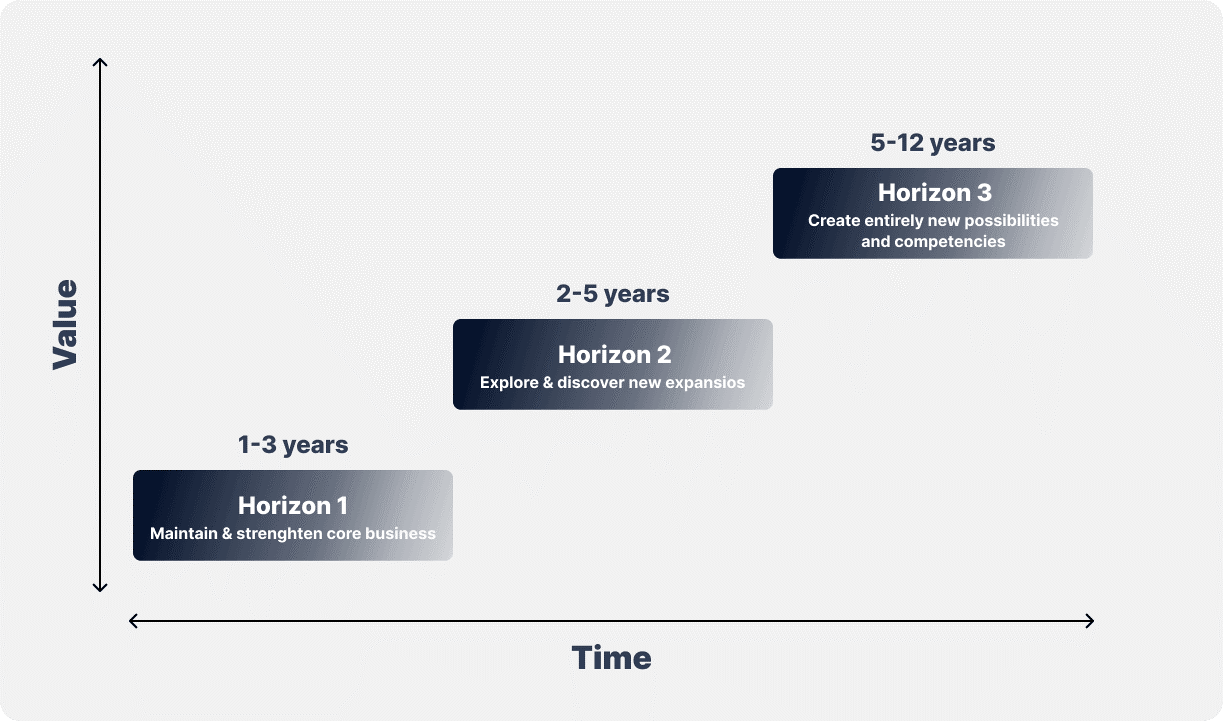
McKinsey Growth Pyramid
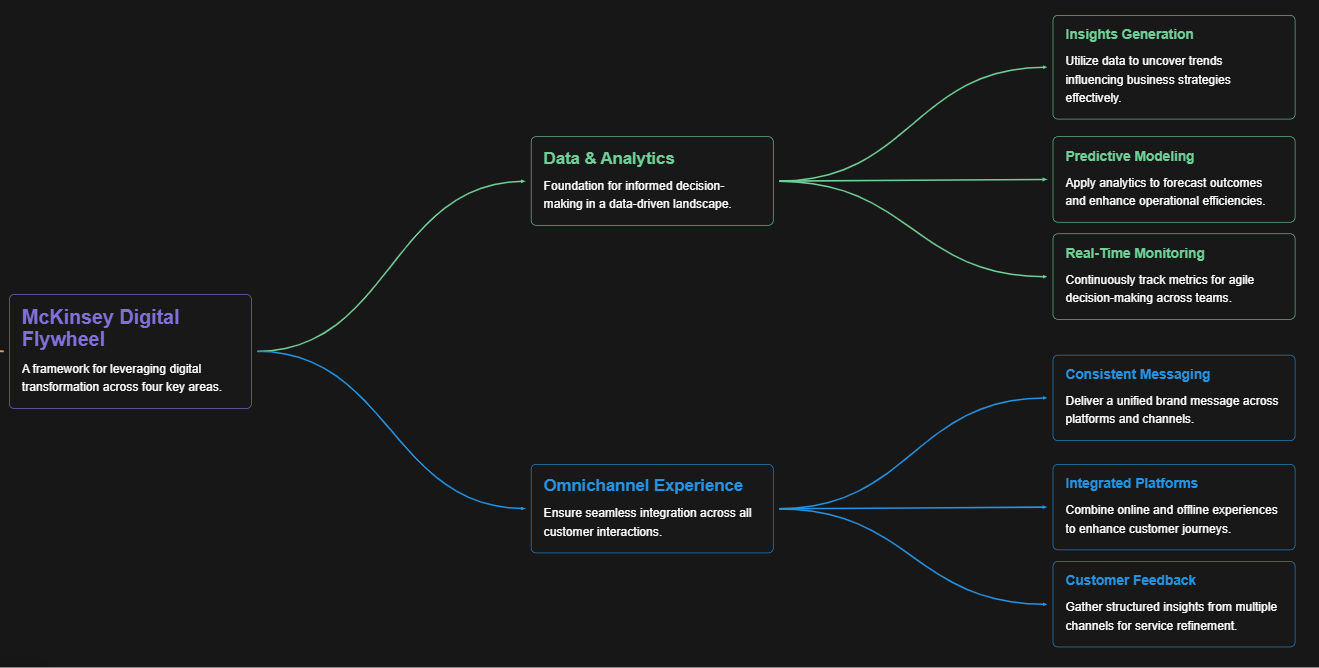
McKinsey Digital Flywheel
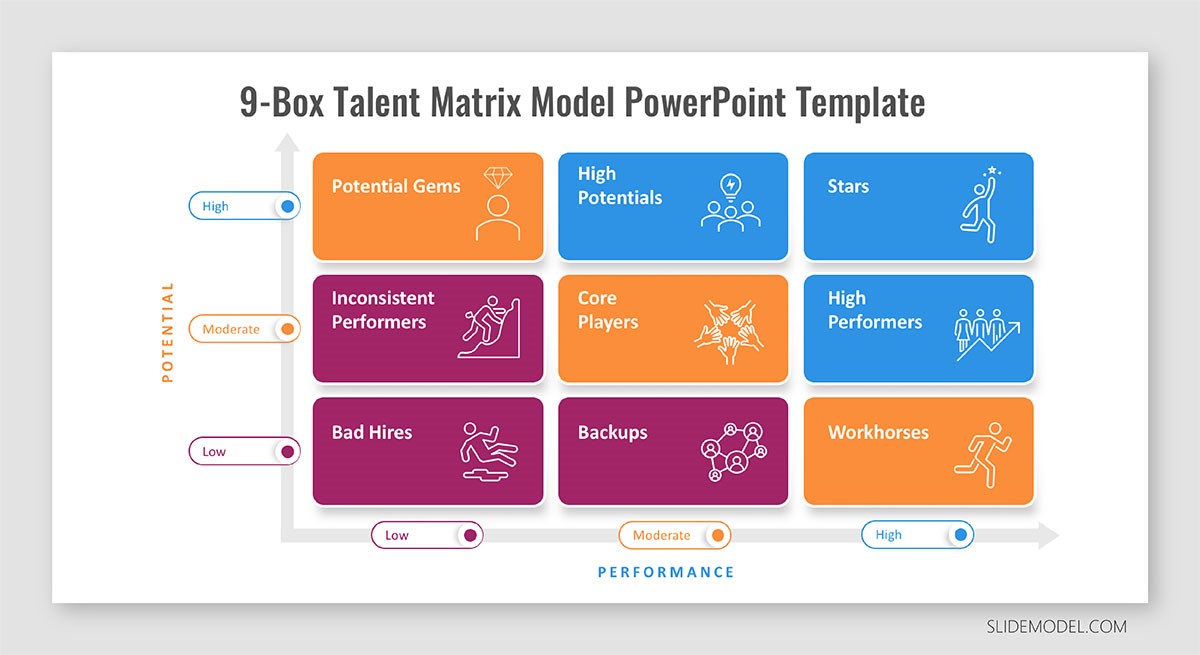
McKinsey 9-Box Talent Matrix
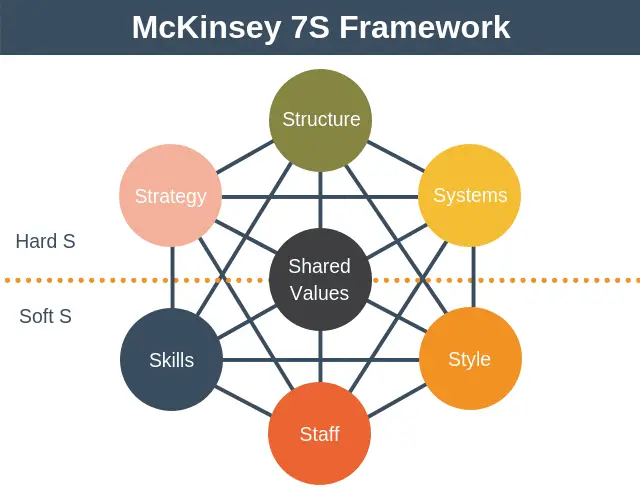
McKinsey 7S Framework
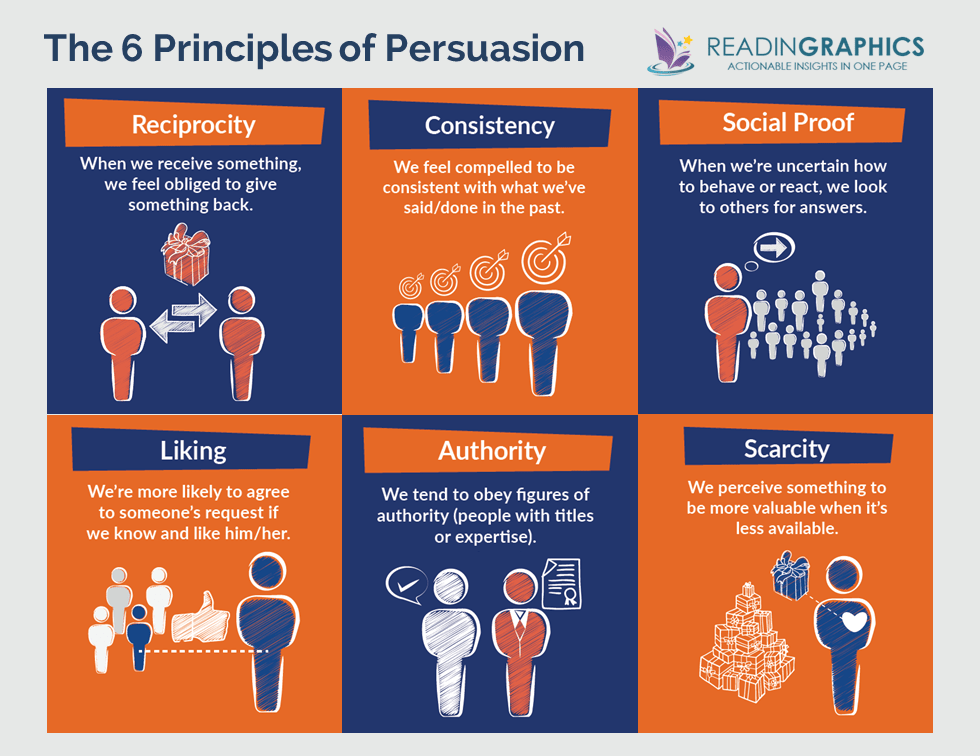
The Psychology of Persuasion in Marketing
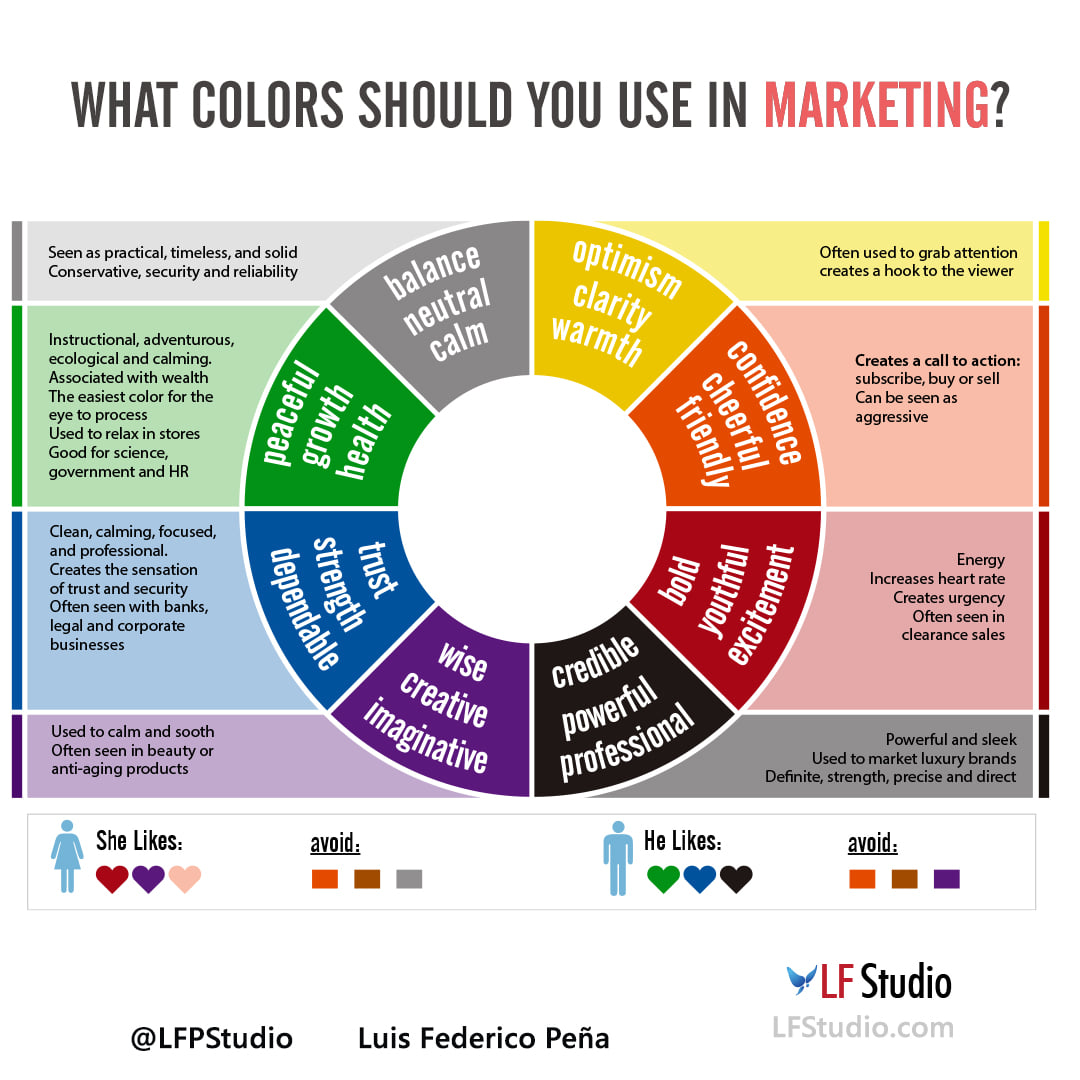
The Influence of Colors on Branding and Marketing Psychology








